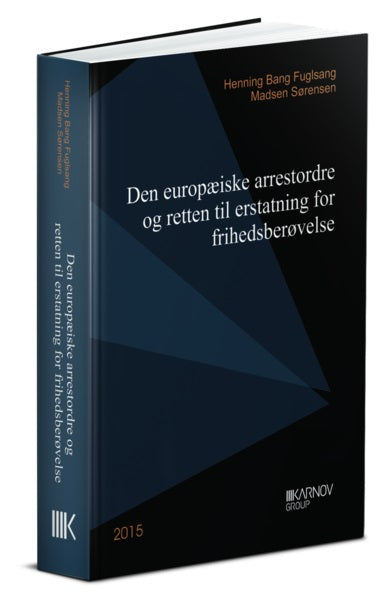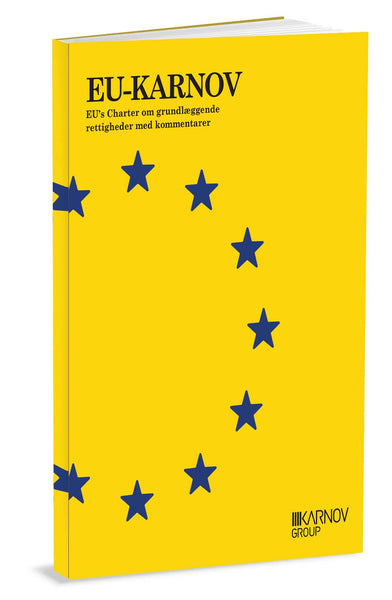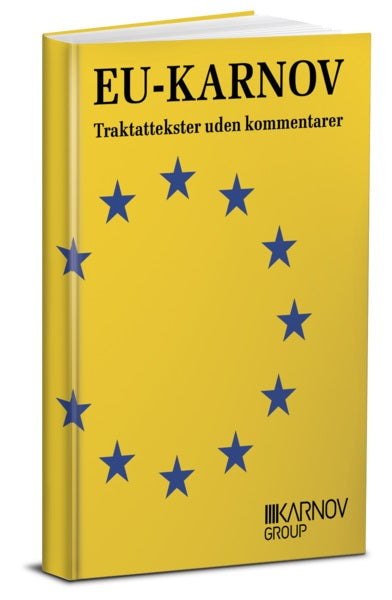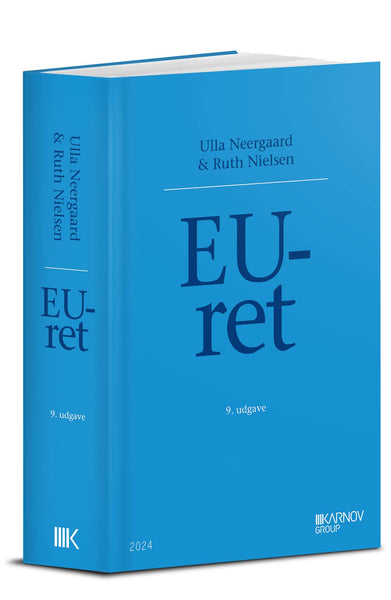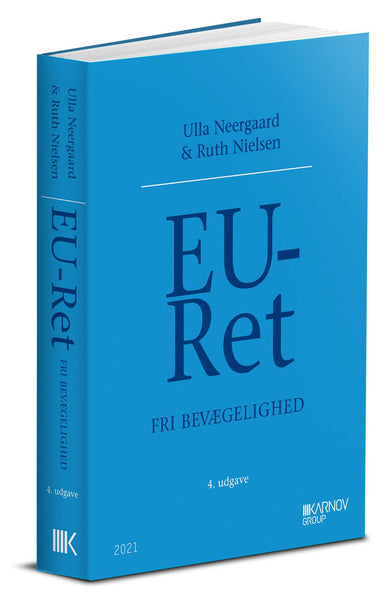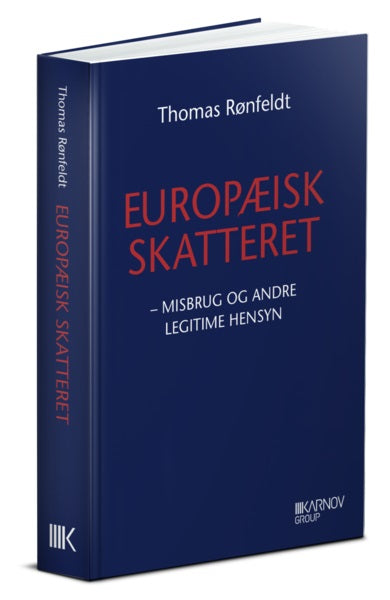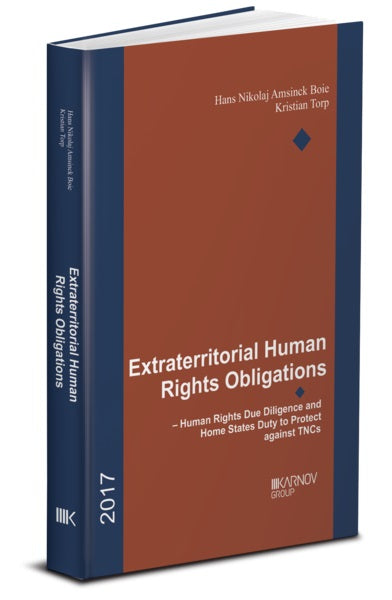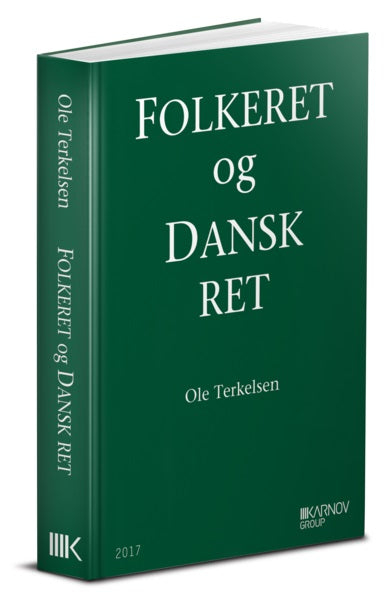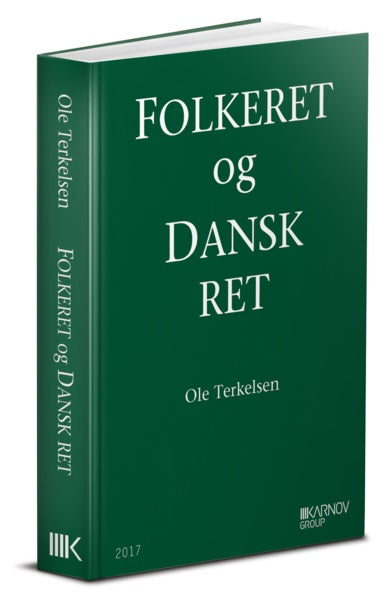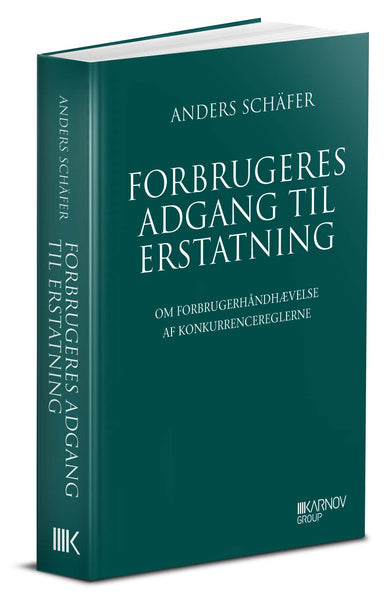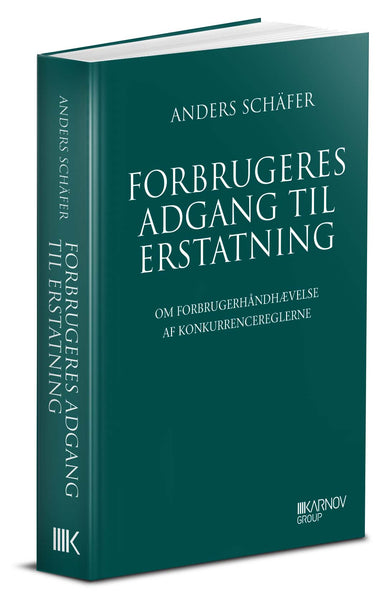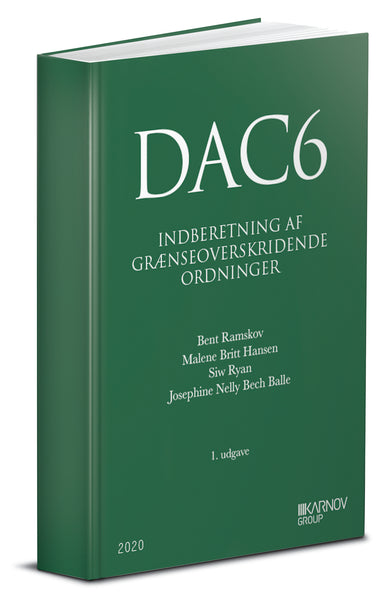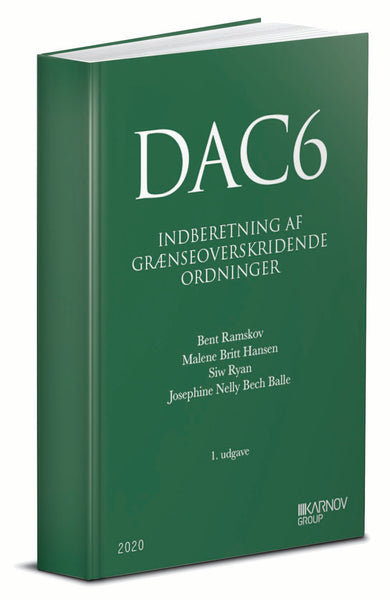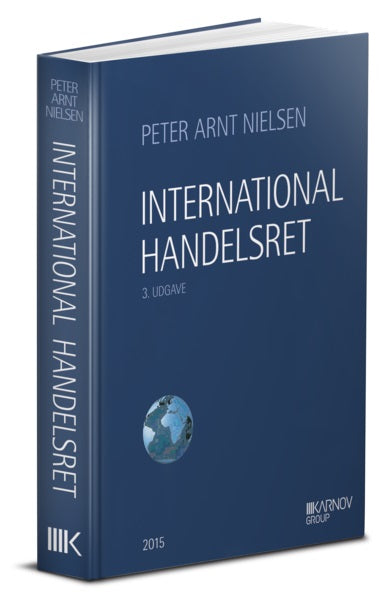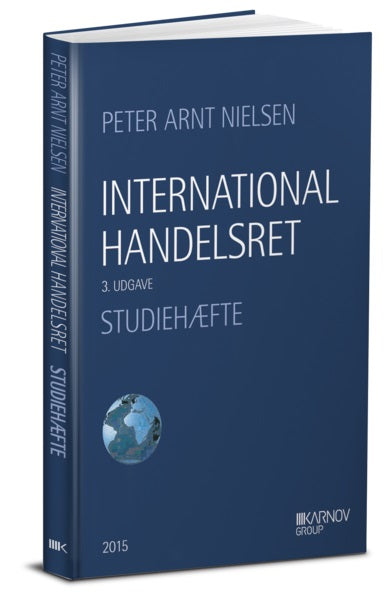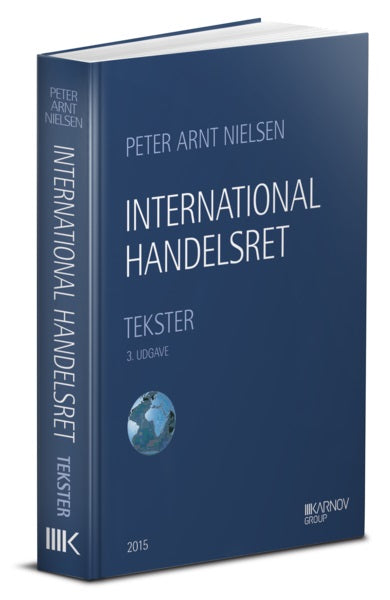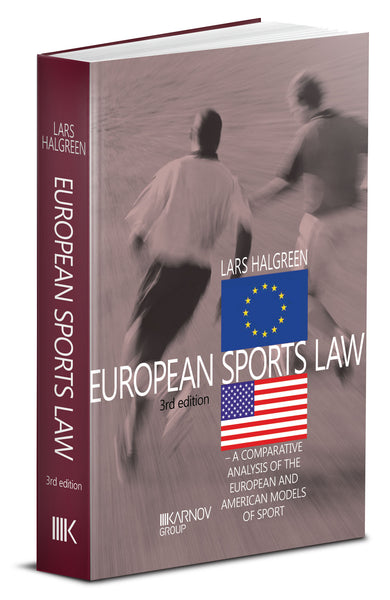
Det er muligt at forudbestille bogen.
Send en mail til kundeservice@karnovgroup.com med titel, varenr., antal samt fakturerings- og leveringsoplysninger
3. udgave af bogen European Sports Law er i produkton og forventes at komme på lager i juni 2024. Udgivelsen vil også udkomme som onlinebog i Karnovs Onlinebibliotek.
What is new?
This 3rd edition comes at a time where new ground-breaking court decisions over the last few years have been made – both in the United States about the legal status of American collegiate sports, and in Europe about the scope of the “Sports Article” (Art. 165 TFEU) to protect the traditional European Model of Sport against attempts to introduce leagues modelled around the US Major Leagues in Europe.
It has been thoroughly updated and revised since it was last published in 2013.
European Sports Law – A Comparative Analysis of the European and American Models of Sport
The continued globalization of sport challenges the ways that professional sports in the US and Europe are conducting business, and this development is inevitably reflected in the status quo of sports law. Throughout the chapters on free movement of labor, competition law, agent regulation, broadcasting, and intellectual property rights, European sports law is compared and discussed in a comperative analysis of US sports law and jurisprudence. Through this analysis, the differences and similarities of the European and US models of sport are explored to outline a possible common trend in international sports law doctrines.
The new edition focusses on the legal future of the “one-federation-per-sport” pyramid structure that has been the predominant feature of the European Model of Sport for more than 100 years. The recent case law from the European Court of Justice has signaled an important need for the over-all compliance of EU law to these sport structures which may bring about significant legal reforms to abide by the most fundamental principles of EU law.
Audience
As both US and European sports are in the middle of a fascinating phase of global transition, sports law has become increasingly more complex and difficult to predict in recent years. This book therefore offers a comprehensive analysis and a rare review of the most important legal problems in the changing world of commercial sports across the Atlantic today which makes it highly relevant, not just for national and international sports federations, leagues, clubs, athlete-player associations, agents, media and television broadcasters, but also for anybody else who regulates, adjudicates, or renders advice on legal sports matters.
About the author
Lars Halgreen is the Legal Director of International Sports Services and Arbitration in Copenhagen, Denmark. Mr. Halgreen earned his Ph.D. degree in law at the University of Aarhus in 2004 when this thesis on international comparative sports law was first published, and he holds a master’s degree in law from Duke University in the US. Presently, Mr. Halgreen is also an associate professor at the LLM sports law program at the University in Zürich and he is appointed as an arbitrator both on the general and football list of arbitrators at the Court of Arbitration for Sport (CAS) in Lausanne. He has published a great number of books and articles on sports law topics.
-------------------------------------------------------------------------------------------------
Excerpt from book:
monopolize their particular sport would be quite different compared with the
situation in the US. As a rule, European sport organizations are in most cases
monopolies within their particular sport as a result of “the-one-federation-per-
sport” concept, which only allows a single federation per sport in each
country. Hence, the question should be rephrased as whether they under
certain circumstances may have abused their dominant position.
federation in each country existed to regulate all affairs of the sport. European
sporting federations were in that respect active in the market for the
organization of sporting events either by promulgating the rules for their
affiliated members or by organizing events directly themselves, or both. While
the existence of a single federation overseeing both regulatory and
organizational aspects of a sport has been a long-standing tradition in Europe,
the Commission has previously pointed out that other scenarios exist and
and the same body could lead to significant commercial conflicts of interest.












